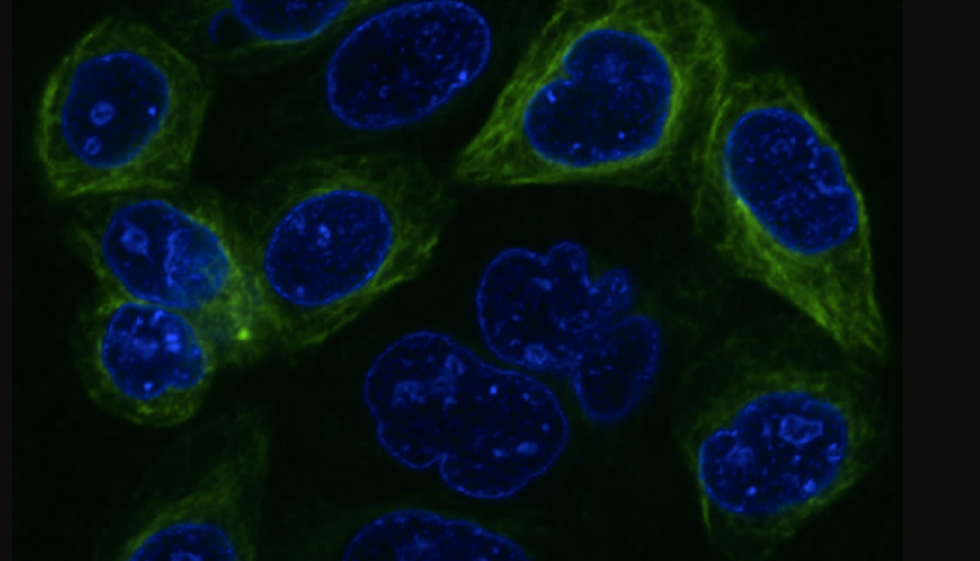With the advancement of technology in the 21st century, many moral and ethical issues come into question.
The standards along moral circumstances shift with the rise of new innovations -- such as surveillance videos and artificial life forms. However, often times, in a world of technology, the individual stories are shadowed. The problems become generalized into an issue of "humans versus technology." But, often times the individual stories are important in solving deeper into the issues and dilemmas caused by today's technology.
Henrietta Lacks, a black woman, was diagnosed with cervical cancer in 1950. To her family, her death was a devastation; but to her doctor, nothing but a tool for success.
After the death of Lacks at the Johns Hopkins Hospital in Baltimore, her doctor shared a sample of her tumors to a researcher in attempts to create an immortal cell line. This cell line — HeLa cell line — led to great success and became the foundation in developing Polio vaccine, as well as other drugs that cure Parkinson’s disease and leukemia.
As the doctors and researchers who profited from this cell line were hailed for their brilliance, Henrietta’s family suffered in deep poverty. When Lacks’s children found out about the existence of their mother’s cells, they were shocked and discomforted, seeking a share of the profit or an informed consent for the use of their mother’s cells. However, they were scornfully denied and the exploitation of human cells only continued.
In John Moore’s case in 1980, Moore was alive to advocate for himself and his cells. Researchers removed Moore’s spleen as part of his leukemia treatment. Moore’s doctor recognized the financial and scientific potential of his particular cancerous cells and patented a cell line, which he licensed for hundreds of thousands of dollars.
Even after Moore’s treatment was over, the doctor advised him to keep getting treatment in attempts to take samples. When Moore found out, he sued the doctors. This case moved all the way up to the Supreme Court, in which they favored with the doctors.
This brings up a serious moral and ethical issue. So, if I lose a piece of hair, is it still my hair? Can scientists use that piece of hair to do research? Probably. In that case, does everything in my body belong to doctors and researchers who want to perform research on it? Many cases have been filed against these individuals who have been wrongly exploited by the advancements of science.
Is the advancement of science really worth all of these ethical and moral issues?









































